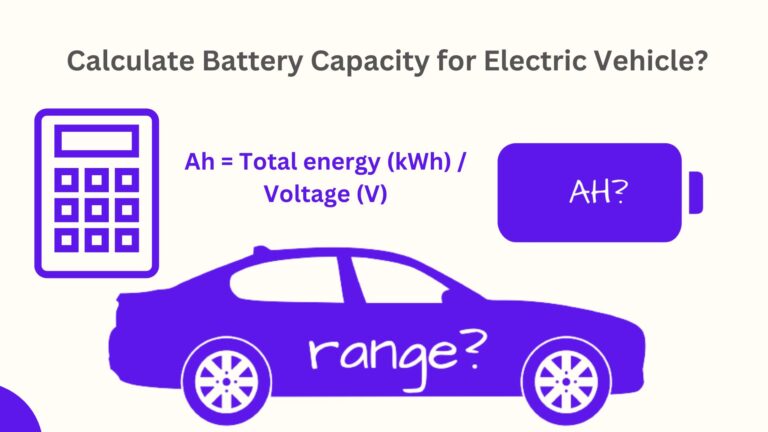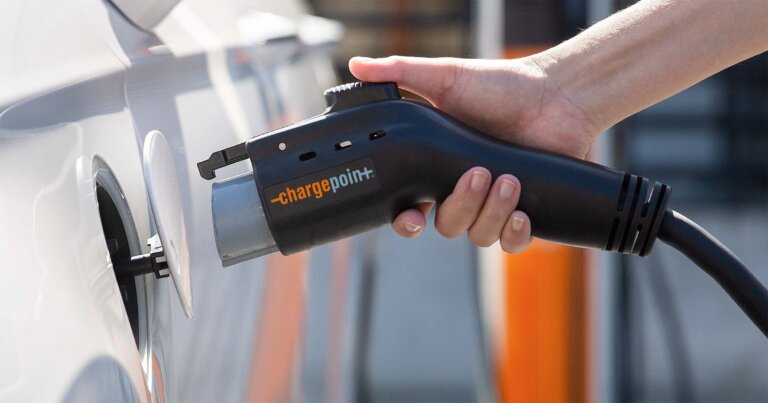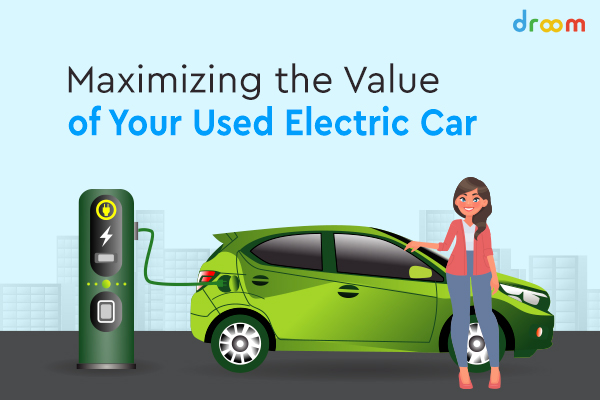Calculating EV Charging Rate- Voltage, Amps, and Kilowatts
Electric Vehicles (EVs) are becoming increasingly popular due to their environmental benefits and cost-effectiveness. However, to keep these vehicles running, we need to understand the charging process and how to select the right charging station.
In this article, we will break down the key components of EV charging stations and how to choose the one that best suits your needs.
Understanding Voltage, Amps, and Kilowatts: The Fundamentals
To comprehend EV charging, think of it as a plumbing system. The voltage, measured in volts, acts like water pressure, pushing electrical current to the charging station.
Amps, on the other hand, are similar to the volume of water flow. The maximum electrical current that can be delivered to your EV’s battery is the amp rating.
The combination of volts and amps results in kilowatts (kW) of power, which determines the charging rate.
Calculating the Charging Rate
To determine the power flowing into your car’s battery, multiply the volts by the amps and divide by 1,000.
For example, if you have a 240-volt level two charging station with a 30-amp rating, it will provide 7.2 kilowatts per hour.
So, after one hour of charging, your EV will gain 7.2-kilowatt hours of energy.
Estimating Charging Time
To calculate the time required for a full charge, divide your vehicle’s battery capacity (in kilowatt-hours) by the charging station’s kilowatt output.
For instance, if your EV has a 42-kilowatt-hour battery capacity, and the charging station delivers 7.2 kilowatts, it will take approximately six hours for a full charge.
Understanding Your EV’s Charging Rate
Every EV has a specific charging rate, indicating how much power its battery can safely accept, regardless of the charging station’s output.
You can find your vehicle’s charging rate by searching for the make, model, year, and maximum charge rate on an internet search engine.
Choosing the Right Amperage for Your Charging Station
Consider your average daily mileage, charging frequency at home, and your vehicle’s charging rate when deciding how many amps your charging station should have.
For example, using a 16-amp charging station for eight hours would provide you with 95 miles of range each time you charge. If you usually drive 30 miles per day, you would only need to charge your EV overnight three times a week.
For longer and more frequent drives, a higher amp charging station may be suitable for fewer charges per week.
Planning for the Future
When selecting an EV charging station, think about potential changes, such as transitioning from a plug-in hybrid to an all-electric EV, owning multiple EVs, or any adjustments to your driving habits.
Ensuring the charging station can meet your future needs will save you time and money down the road.
Final Thoughts
Understanding the basics of EV charging stations, such as voltage, amps, and kilowatts, is crucial for making an informed decision when purchasing electric charging stations for your vehicles.
By calculating the charging rate and considering your daily mileage and charging habits, you can select a charging station that aligns perfectly with your EV and lifestyle.






